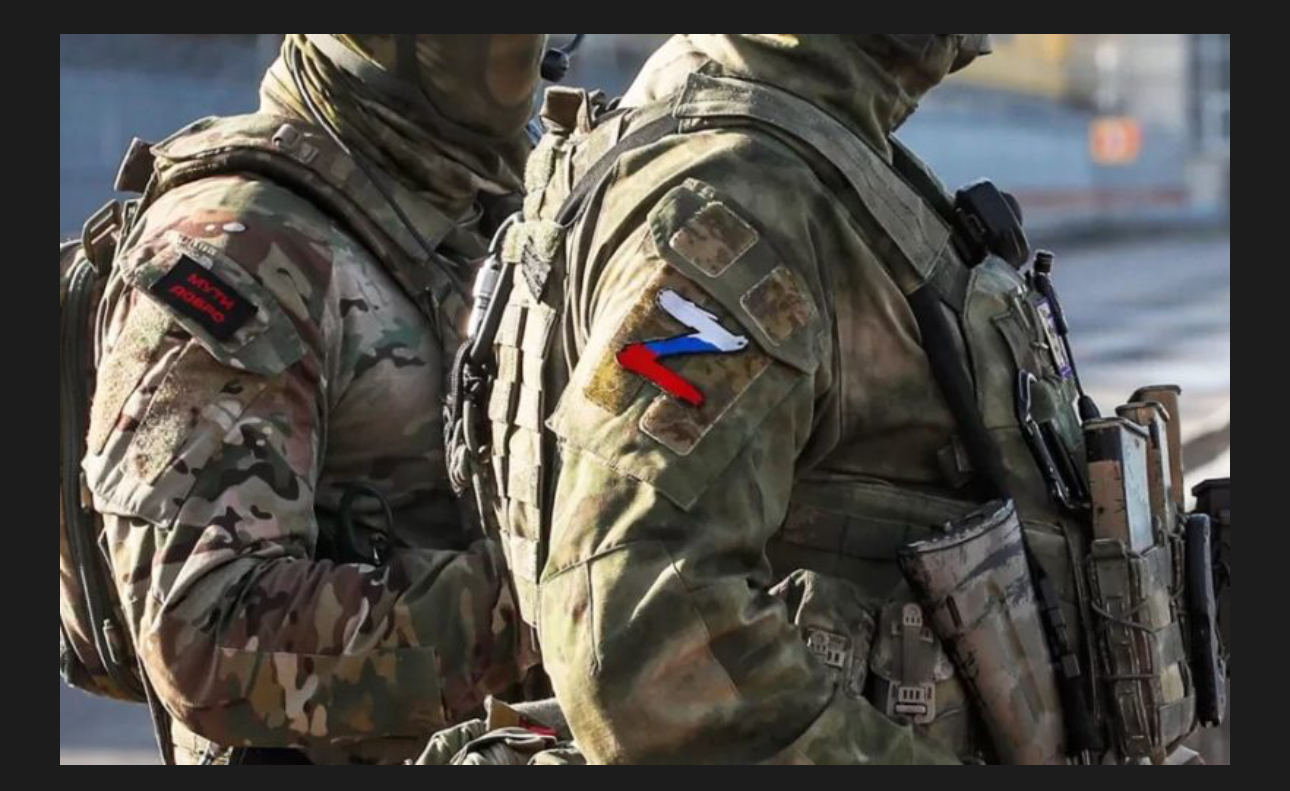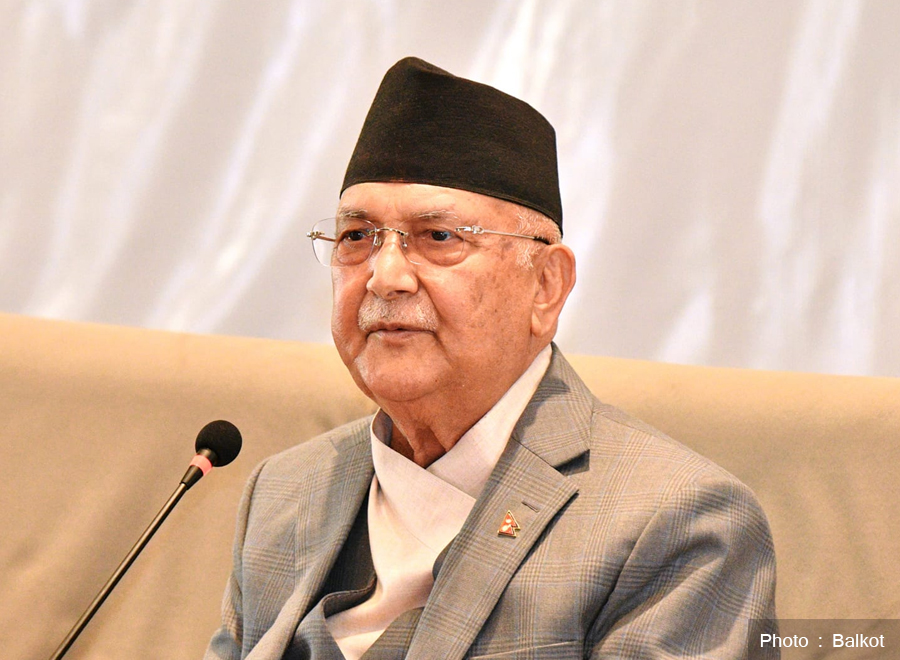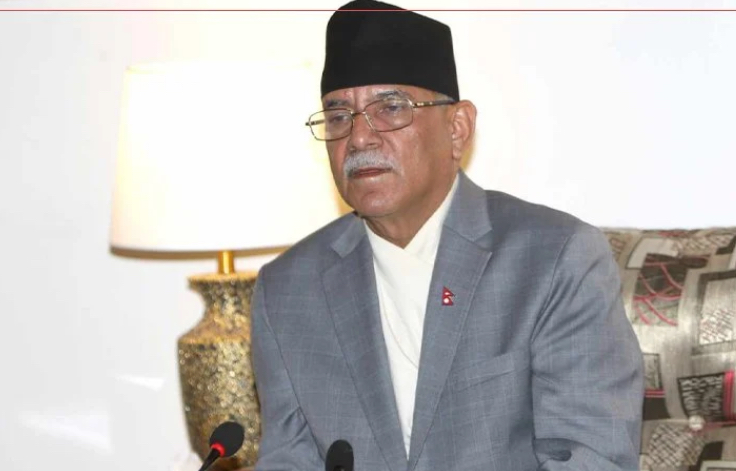Nepal Halts Citizen Employment in Russia and Ukraine Amidst Rising Casualties in Ukraine Conflict

Kathmandu — In response to the tragic loss of 10 young Nepali men and the disappearance of dozens more while fighting predominantly in the Russian military in Ukraine, the government of Nepal has imposed a temporary ban on citizens traveling to Russia or Ukraine for employment.
The Nepali foreign ministry reported that over 200 Nepali soldiers have enlisted in the Russian army since the invasion of Ukraine in 2022, with more than 100 of them currently missing. There are indications that a smaller number may be fighting on the Ukrainian side.
Kabiraj Upreti, a director at the department of foreign employment, announced the suspension of work permits for Russia and Ukraine until further arrangements are made to minimize potential risks and losses for Nepali nationals in these conflict-ridden countries.
The unprecedented losses have prompted Kathmandu to demand that Nepali fighters not be deployed on either side of the conflict. Furthermore, they are calling for the repatriation of the remains of those killed and compensation for their grieving families.
People-smugglers have played a role in recruiting young Nepali men into Russia’s war in Ukraine, enticing them with fast-track citizenship or salaries exceeding what they could earn at home. In December, 12 individuals were arrested in Nepal for trafficking around 150-200 men to Russia, charging them $9,000 for entry on tourist visas and then coercing them to enlist with the Russian military.
The heartbreaking case of Rupak Karki, who joined the Russian military operation in Ukraine, illustrates the challenges faced by these young men seeking better opportunities. Karki had initially sought work in South Korea but shifted his plans, aiming for Russian citizenship and a larger salary. His family, shocked by his sudden death in action, awaits the repatriation of his remains.
The Nepali government’s decision to halt work permits coincided with Vladimir Putin signing a decree expediting citizenship for foreigners enlisting in the Russian army. This decree is seen as an additional incentive for recruitment amid personnel shortages in both Russia and Ukraine.
The Nepali government, having previously urged Russia to return the bodies of fallen soldiers and demanded compensation, now faces the challenge of managing the aftermath of its citizens entangled in the Ukraine conflict.


















Facebook Comments